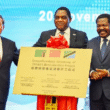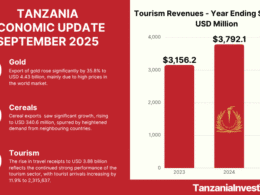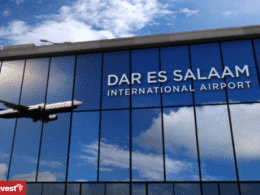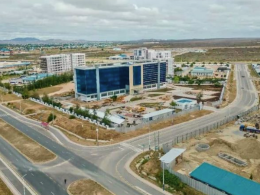The Minister of Natural Resources and Tourism of Tanzania, Dr Hamis Kigwangalla, has announced that in January 2018 a new Tourism Agency Licensing (TTBL) structure will be introduced.
Under the new structure, foreign tour operators with 10 to 30 vehicles will pay a yearly Tanzania Tourism Business License (TTBL) of USD 5,000 per year, USD 7,5000 for 31 to 50 vehicles, and USD 10,000 from 51 vehicles and above.
Local operators with 1 to 3 vehicles will pay a TTBL of USD 500 per year, US 2,000 for 4 to 10 vehicles, USD 3,000 for 11 to 50 cars, and USD 5,000 for 51 vehicles and above.
Until now, foreign tourist operators were required to pay a TTBL of 5,000 USD and local tour operators a TTBL of USD 2,000, regardless of their size of their fleet.
The new TTBL fee structure is intended to make it affordable for smaller local companies to operate.
Tanzania Tourism
According to the latest available statistics, in 2016 the number of tourist arrivals reached 1,284,279 increasing, up by +12.9% from 1,137,182 recorded in 2015.
The county’s tourism earnings rose by 12.1% to USD 2,131.6 million in 2016 from USD 1,902.0 million recorded in 2015, equivalent to 17.6% of the country’s GDP.
Additionally, tourism provides 600,000 direct jobs and 1 million indirect jobs to Tanzanians.










